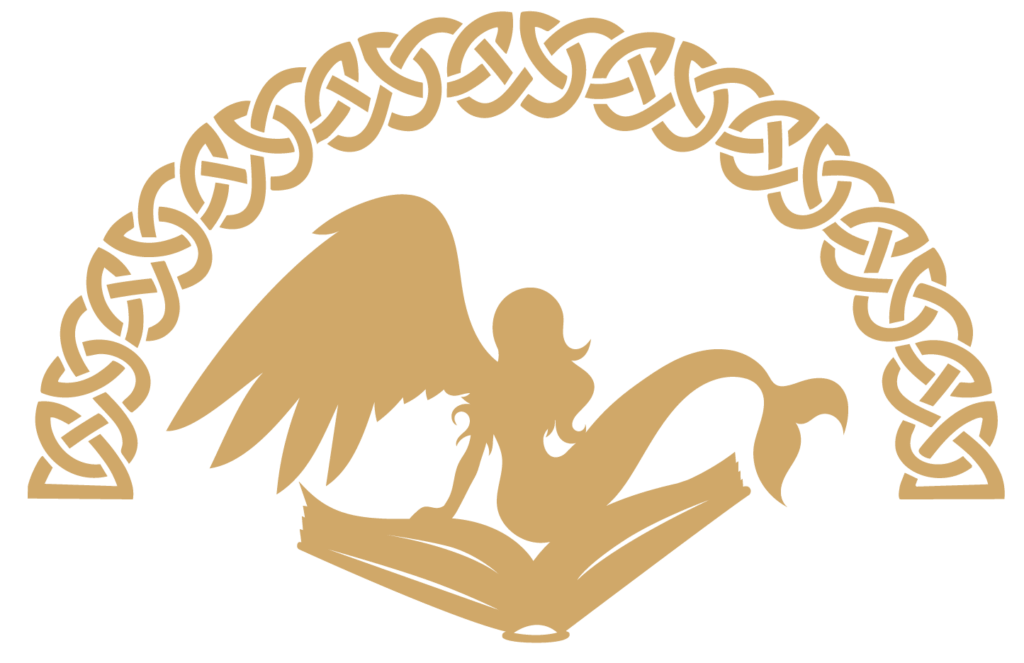As writers and creatives, we are living in a time when writing and art aren’t just about crafting a compelling story, creating an inspiring image, or producing a heartfelt song. We are now living in an age where we are forced to take a stand on ethical and industry issues that make us question the very essence of what it means to create art and writing. We are forced to ask ourselves: What is an author, what is an artist, and what does authorship even mean? We are forced to make a choice in our own creative process as to whether we use generative AI or not. I am not here to tell you what to do, but rather to explore the issues and outline why I make the choice not to use generative AI as an author writing fiction.
While I was living in Ireland and studying film making with Sinead Dolan, Loch Bó, and completing my master’s degree in creative practice, the age of AI hit with as much force, if not more, than COVID. I was fortunate that my studies gave me the opportunity to take a good look at AI and its impact on the creative industries. I realised how destructive the current companies that are pushing generative AI are. This isn’t to say that AI has to be destructive. It’s a technology that could be produced ethically and put to enormous benefit for humanity. The issue comes from the way generative AI has been developed on stolen art, literature, and music, without consent, acknowledgement, or payment to the artists. Issues of copyright are enforced by law upon individuals, but these companies pushing generative AI appear to be exempt from these same laws. Artists have had little to no ability to defend themselves, as these companies moved too quickly for the law or society to realise what they were up to. However, even more significant than all that is the issue of what, or who, Mr AI is?
So, where does that leave us, as creators?
Generative AI in the creative industries leaves creatives with an important choice to make: To use, or not to use, generative AI.
Brandon Sanderson came out stating that he cannot condone AI in his own creative practice, and Rachel Gellig claims generative AI has no place in the creative industries. John Grisham, Jodi Picoult, David Baldacci, George RR Martin, and thirteen other famous artists and authors are currently filing a class-action suit against OpenAI. Musicians Billie Eilish, Nicki Minaj, and Stevie Wonder are demanding protection against AI. Even Disney is taking generative AI to court, and this movement against AI will only increase as the impact is felt on the industry.
At the end of the day, as an individual writer facing AI, I come back to the meaning of why I write fiction. The answer is: Writing is a medium where I can share what is meaningful to me through the eyes of characters I create and love. All the hard work I put into honing the craft of creative writing is fulfilling in itself. Over many years of practice, I developed the ability to create worlds and the people who experience those worlds in satisfying ways. I get to explore themes and how they play out through stories and through character journeys. Often, it feels like the creative process has a life of its own, moving through me into the world through words on a page. This is one of the most magical and powerful experiences life has to offer.
My biggest question about generative AI is WHY? Why would I want to give that away for a machine to simulate the craft of story?

